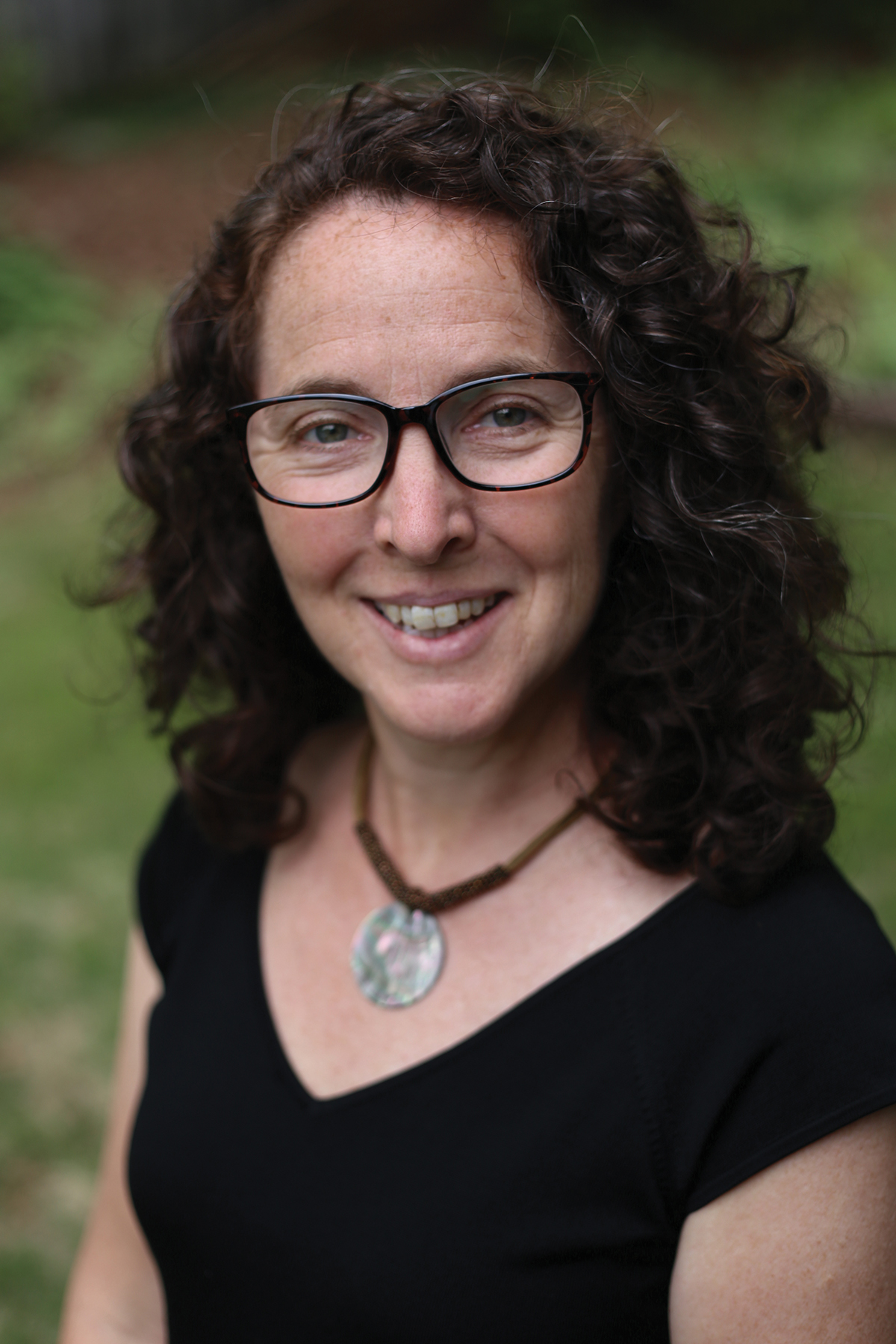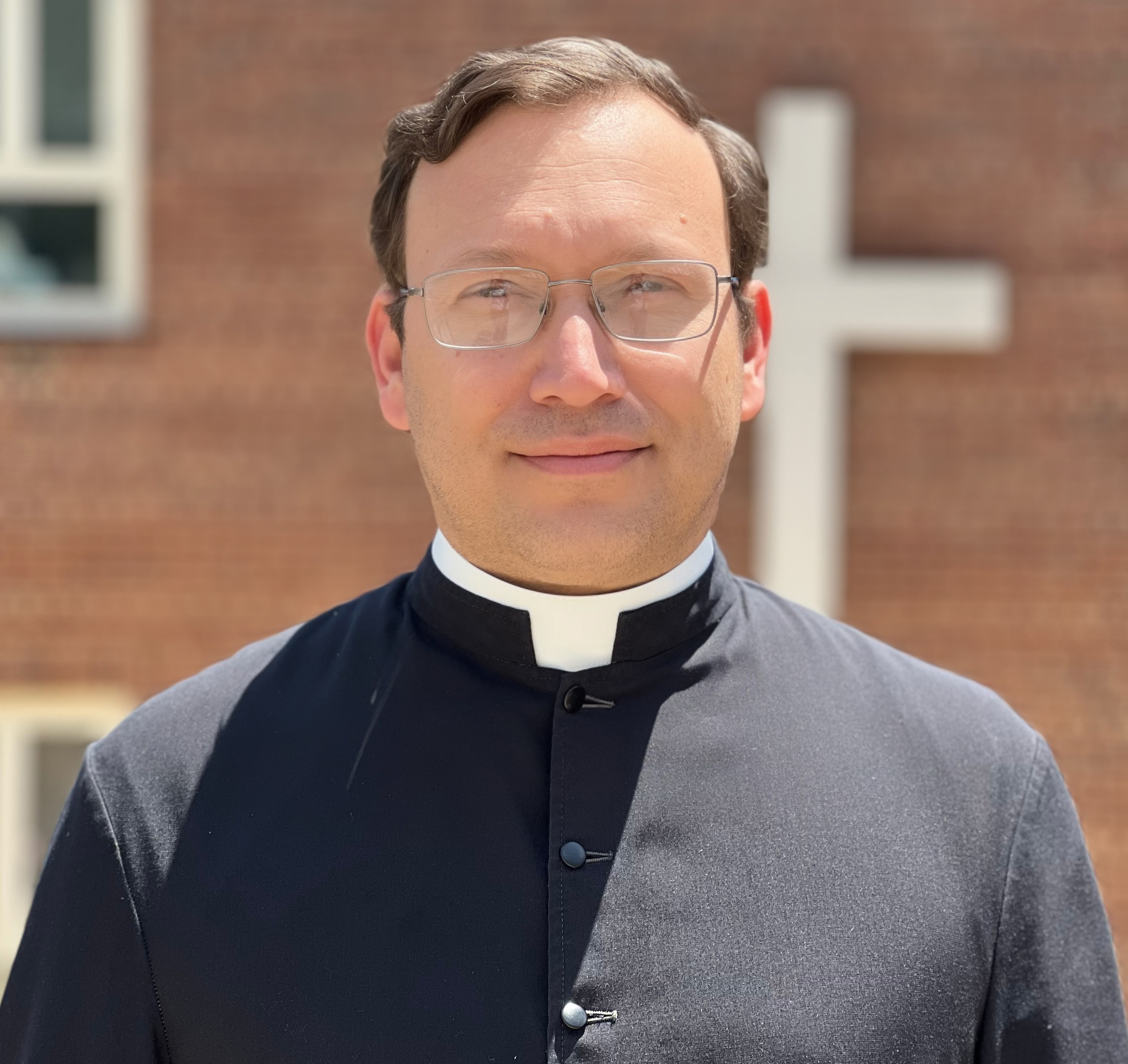Disciple: Create in Me a Pure Heart

Spiritual permeability at the heart of faith formation
By Rabbi Raachel Jurovics, Ph.D.
My tenure as rabbi-in-residence began in spring 2020, at a moment of transition from what we had understood as “normal” to the initial uncertainties, understandable fears and profound disorientation of the COVID-19 pandemic.
In our initial imagining of the role of clergy-in-residence, the bishops and I had expected its work to nest within the Diocese’s ongoing faith formation programs, following familiar paths of interspiritual exploration in the hope of deepening mutual curiosity and shared revelation.
[Image: Mount Moses (Mount Sinai), by Mohammed Moussa, via Wikimedia Commons. Used under Creative Commons CC BY-SA 3.0]
As we began our work together in “pandemic time,” it became clear we were nurturing a dialogue of devotion between our sister traditions in the midst of crisis—requiring a rapid engagement with urgent matters of faith. From my perspective, the demands of crisis deeply influenced the choice of topics, programming and the evolution of personal/communal interactions.
It has felt somewhat like the experience of sitting next to a stranger and discovering a kindred spirit, ready to match yearning to yearning for understanding and mutual care. Not, of course, that we began this residency as strangers.
SPIRITUAL PERMEABILITY
A bit of background: For most of my adult life, I have been engaged in what the Rev. Matthew Fox named “deep ecumenism,” a spiritual orientation that invites us to open our minds, hearts and souls to God’s love of diversity. My preference is to call this orientation “spiritual permeability,” a means of faith formation by which we share the gifts of our home faith and reciprocally accept the gifts of our neighbors.
The Holy One provides numerous alternative religious paths for us so that we may seek wisdom from one another in fulfillment of the divine will. As my mentor, Rabbi Zalman Schachter-Shalomi, liked to put it: Each tradition includes its own array of spiritual vitamins. None of our home traditions, by divine intent, holds the full complement. If God willed that, we would all be of the same religion, so variety must serve a divine purpose.
For several years, my synagogue, Yavneh: A Jewish Renewal Community, nested at St. Mark’s, Raleigh, while the Rev. Dr. Lorraine Ljunggren served as rector. Whenever (not-yet-Presiding) Bishop Curry visited, he would remind our two congregations how important our shared learning and engagement was to God’s dream for us. After all, not only do we encounter God as Love, we also encounter God as One, as a Unity capable of manifesting in infinite variety to reach out to—and receive—all peoples.
From Yavneh’s founding, one of its core intentionalities was to help counter the historic hostilities between faiths, primarily between Judaism and Christianity, but also to open ourselves to learning from and growing spiritually with teachers and adherents of all faith traditions. In my personal theological understanding, I find no way to overestimate the centrality of the experiential in fulfilling the sacred obligation to receive God’s love of diversity, nearness and surprise.
After the Rt. Rev. Sam Rodman’s arrival, the Rev. Dr. Jim Melnyk, then-diocesan ecumenical and interfaith officer, and I brought a proposal to the new bishop to establish a rabbi-in-residence position (imagining other clergy-in-residence in the future). Bishop Rodman and the Rt. Rev. Anne Hodges-Copple both affirmed the role as an element of the Diocese’s commitment to interfaith conversation and to exploring the historic and contemporary relationship between Judaism and Christianity.
From our first conversation, Bishop Rodman emphasized that, given that the roots of our two faiths are inextricably linked, in learning more about one another, not only would our personal relationships grow stronger but our understanding of our respective traditions would expand and our faith deepen.
While the pandemic has transformed the rabbi-in-residence program, moving most of what had been intended as in-person encounters online, we have nonetheless presented numerous programs encouraging the practice of spiritual permeability as an essential element of faith formation.
Since beginning my tenure in March 2020, offerings have included:
- Reflections ahead of the high points of the liturgical year, putting our traditions in conversation with one another. For example, online presentations during Lent and Advent included series with the bishops and others discussing resurrection, the spiritual pain and call to action arising from the murder of George Floyd, and, most recently, a workshop series using midrash—a way of interpreting Scripture well known in Jesus’ time—to explore the season’s gifts and challenges.
- Recorded conversations with Bishop Rodman on biblical passages and, in fall 2021, on the power of sacred image in our traditions.
- Designing online resources for adult formation on deep ecumenism.
- Availability as a spiritual director to clergy and laity.
In the past few months, I’ve had the honor of accompanying Bishop Rodman on visits to a number of parishes, which sometimes leads to follow-up programming, and we look forward to continuing this outreach.
For me, these visits have enhanced my previous worship experiences with Christian communities. Not only have I come to relish the resonant grace notes echoing between our sacred scriptures and liturgies, I have also been blessed with revelatory insights into Christian practice. For these, I can be only grateful.
As the diocesan community moves from Easter to Pentecost, counting the weeks to the descent of Spirit into the Upper Room, the Jewish community counts seven times seven days between the liberation from Egypt and the receiving of Torah at Mount Sinai. While our respective journeys emphasize different spiritual teachings, our souls are all yearning for the blessing of reciprocating God’s revelatory love for us.
Torah tells us in Exodus 19:18, “And Mount Sinai was altogether in smoke, because the Eternal descended upon it in fire.” In commenting on this awesome, blazing divine appearance, “Rabi Yochanan said: ‘When God’s voice came forth at Mt. Sinai, it divided itself into 70 human languages, so that the whole world might understand it. All at Mt. Sinai, young and old, women, children, and infants according to their ability to understand.’” (Midrash Exodus Rabbah 5:9)
In Acts 2:1-4, Luke writes, “When the day of Pentecost had come, they were all together in one place. And suddenly from heaven there came a sound like the rush of a violent wind, and it filled the entire house where they were sitting. Divided tongues, as of fire, appeared among them, and a tongue rested on each of them. All of them were filled with the Holy Spirit and began to speak in other languages, as the Spirit gave them ability.”
MULTIPLE VOCABULARIES, ONE MESSAGE
Our traditions may offer us different vocabularies of faith, yet they all assure us that God will do anything to get our attention, to draw us near—which is why we are called to share the various ways we receive divine revelation one with the other, for the sake of peace and mutuality. When our various faith languages cease to divide us, we discover our shared power to care for one another and for the planet our Creator provides to sustain us.
Looking ahead, I hope that reduced pandemic risk will permit more in-person programming, allowing me to cultivate a deeper relationship with the wider body of the Diocese, including clergy, lay leadership and community members.
When the Diocese inaugurated its clergy-in-residence program, Bishop Rodman wrote, “When we talk about Becoming Beloved Community, we include those of all faiths. The traditions we hold dear are enriched when we learn of the faith of others, and, in sharing our own, we increase our personal understanding of why we believe what we do. Increasing this understanding is part of our lifelong formation journey.”
These words have guided our efforts, and, as we continue this journey together, I pray that we will be blessed to experience the joy of holy surprise as we strengthen our commitment to deep listening and devotional dialogue.
Rabbi Raachel Jurovics is the rabbi-in-residence for the Diocese of North Carolina.
Tags: North Carolina Disciple
 Canon to the Bishop
Canon to the Bishop
 Mission Strategy Coordinator
Mission Strategy Coordinator
 Canon Missioner for Diocesan Restitution and Reparations Ministry
Canon Missioner for Diocesan Restitution and Reparations Ministry
 Canon Missioner
Canon Missioner
 Canon Missioner for Latino/Hispanic Ministry
Canon Missioner for Latino/Hispanic Ministry
 Transition Ministry Officer
Transition Ministry Officer
 Canon Missioner for Black Ministries
Canon Missioner for Black Ministries
